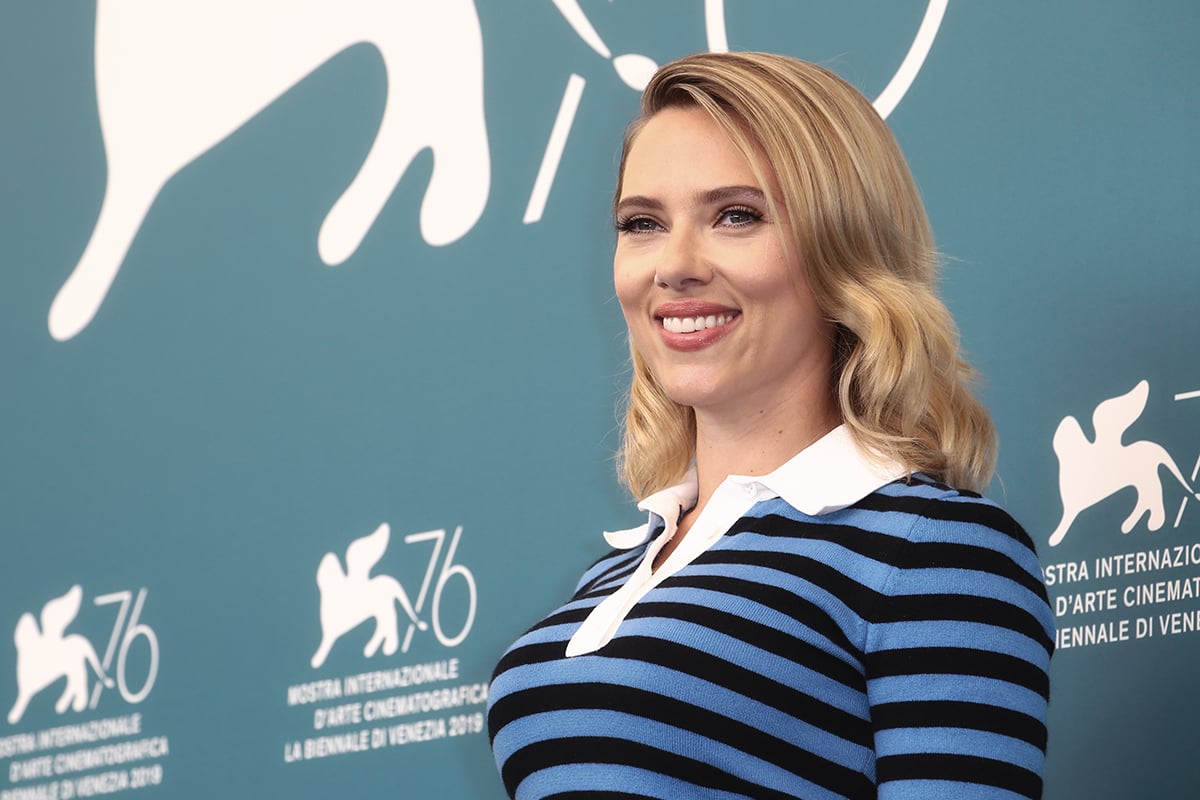Scarlett Johansson has recently raised objections to a synthetic voice integrated into OpenAI’s ChatGPT update. Dubbed “Sky,” the voice drew attention for its striking similarity to Johansson’s own voice, prompting her to express concerns about its usage without her consent, as reported by CNN.
The controversy gained traction when users noted parallels between Sky and the fictional voice assistant depicted by Johansson in the film “Her.” Critics criticized Sky for its excessively familiar and flirtatious tone, speculating that it might cater to male fantasies.
According to Johansson, OpenAI CEO Sam Altman approached her last September with an offer to voice the ChatGPT 4.0 system, an offer she declined for personal reasons. However, Altman allegedly reached out to Johansson’s agent shortly before the demo release, leading Johansson to seek legal advice. Eventually, OpenAI agreed to remove the Sky voice following legal pressure from Johansson’s team.
Altman denied any intentional resemblance to Johansson, stating that Sky’s voice belonged to a different actress. OpenAI reiterated its commitment to crafting approachable voices that foster trust but acknowledged the need to address concerns by halting the use of Sky.
The incident has reignited discussions about biases in technology, particularly in products developed by predominantly White male-led companies. Criticism surrounding Sky reflects broader societal concerns about representation and portrayal in AI systems.
This controversy unfolds amidst scrutiny over OpenAI’s safety practices, sparked by a former employee’s critique of the company’s priorities. Concerns have been raised about prioritizing “shiny products” over safety, prompting Altman to acknowledge the necessity of enhancing safety culture.
Greg Brockman, President of OpenAI, outlined the company’s strategy for long-term AI safety, emphasizing the importance of awareness, analysis, and rigorous testing. Despite recent restructuring that saw the dissolution of a safety-focused team, OpenAI remains committed to addressing safety concerns and embedding safety measures into its research and development processes.
As debates on synthetic voices and AI safety persist, there’s a growing consensus on the need for transparency and regulation to protect individual rights and ensure ethical AI development.
Scarlett Johansson’s confrontation with OpenAI regarding the synthetic voice in ChatGPT underscores the complex ethical and legal dimensions of AI technology. It highlights the importance of accountability, consent, and diversity in AI system development, alongside the ongoing imperative for robust safety measures and regulatory frameworks to guide responsible AI deployment.







